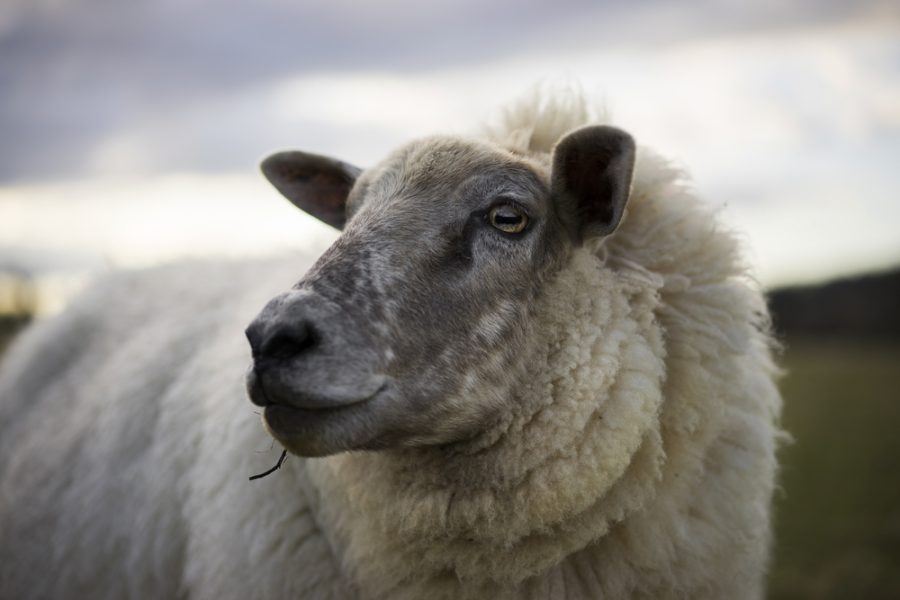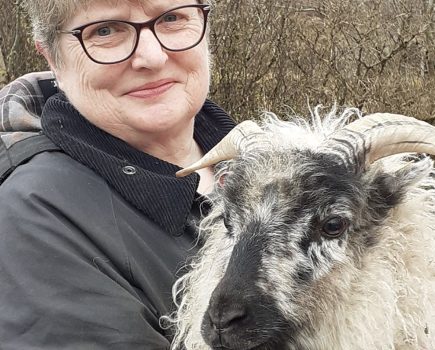The Animal & Plant Health Agency (APHA) has issued a bluetongue update.
139 BTV-3 cases have been confirmed within the Restricted Zone (RZ) and a further 14 cases, including two cases in Wales, were linked to moves from high-risk areas. Following surveillance and official testing, all restrictions have now been lifted in both BTV-3 cases in Wales.
The RZ covers the following 21 counties in England:
- Bedfordshire
- Berkshire (part)
- Buckinghamshire
- Cambridgeshire
- City of Kingston upon Hull
- East Riding of Yorkshire
- East Sussex
- Essex
- Greater London
- Hampshire (part)
- Hertfordshire
- Kent
- Leicestershire (part)
- Lincolnshire
- Norfolk
- Northamptonshire (part)
- Nottinghamshire
- Suffolk
- Surrey
- Warwickshire (part)
- West Sussex.
While temperatures are lower, midges are still active and infected midges can still cause new infections if they take a blood meal.
Keepers of cattle, sheep, camelids and other ruminants must remain vigilant and must not move any animals showing clinical signs of disease. Bluetongue is a notifiable disease and any suspicion must be reported to APHA by law immediately. The restrictions on animal and germinal product movements must be followed and animals must only be moved where it’s absolutely necessary.
Please check the Bluetongue interactive map, GOV.UK and GOV.WALES for more information.
Information on the restrictions and licences that apply is available on GOV.UK.
Information about BTV-3 vaccinations is also available on GOV.UK.
Useful BTV-3 related guidance is also available on the AHDB website.
As there might be a delay before APHA staff visit premises for bluetongue related purposes, livestock keepers are reminded they have a duty of care to their animals and must ensure they meet their needs and consult a private veterinary surgeon if animals require symptomatic treatment. The animal should be treated as appropriate for the condition and signs it is showing, including humane killing if required.
More news like this can be found in The Country Smallholder magazine. Subscribe here.
For FREE updates from the world of smallholding, sign up for The Country Smallholder newsletter here.








